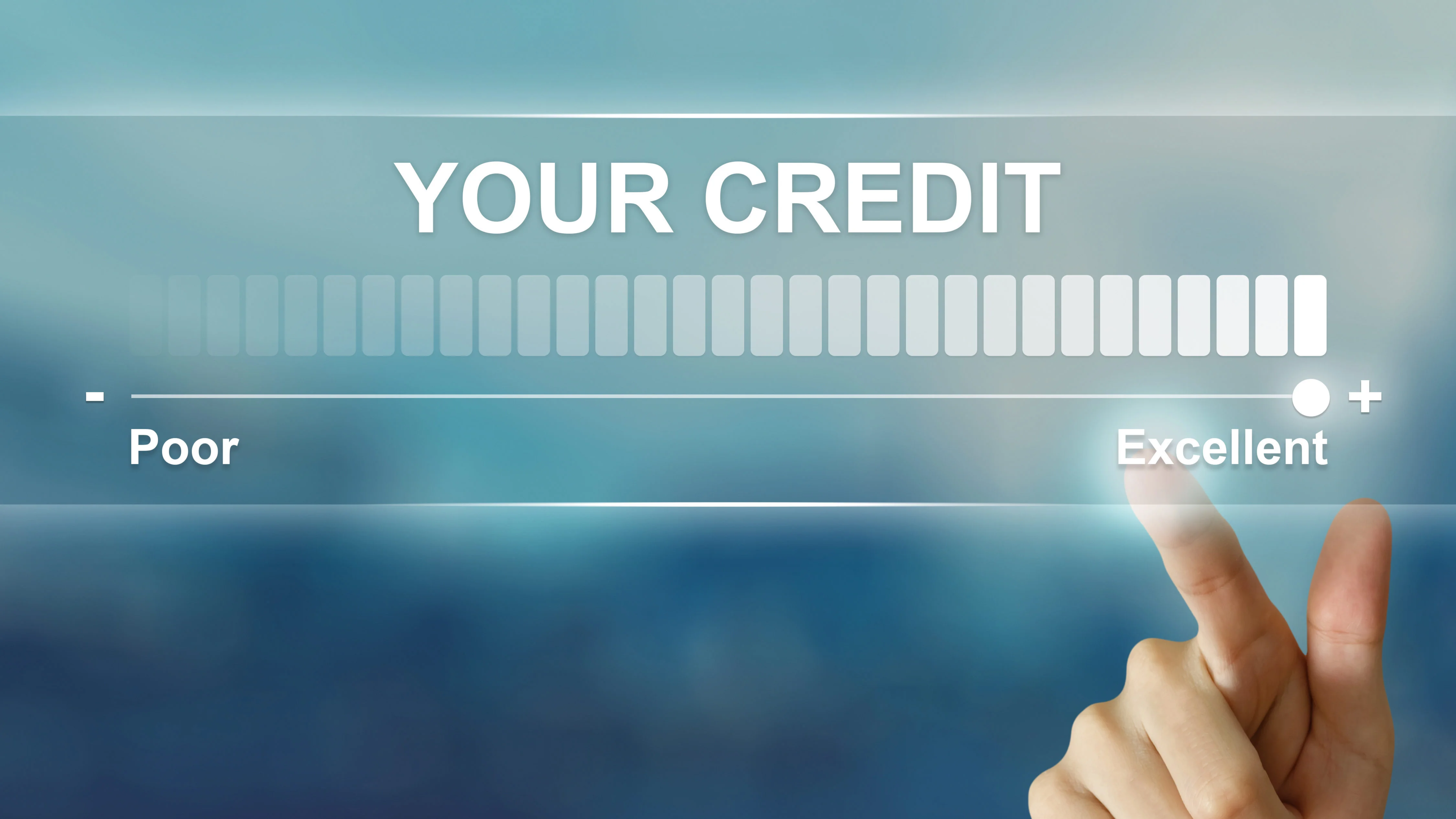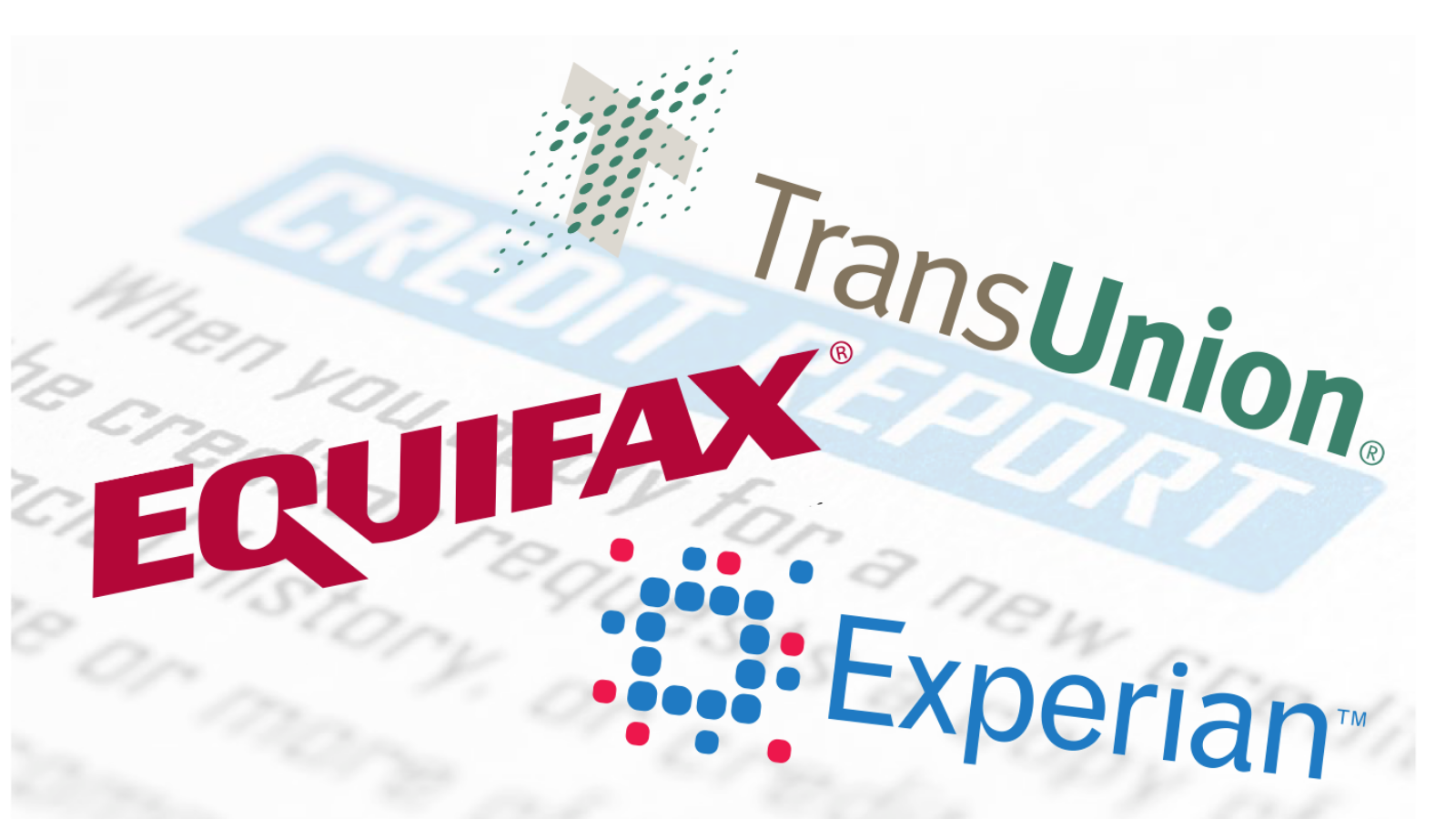In today’s financial landscape, understanding your credit score is crucial for managing personal finances effectively. Many wonder, “How often is your credit score updated?” This question is key as it influences when you might apply for new credit or a loan. Credit scores are dynamic figures that financial institutions use to gauge a borrower’s credibility.

They impact various aspects of financial life, from the interest rates you qualify for to the likelihood of getting approved for housing or personal loans. Keeping track of how and when your credit score changes can help you make better-informed decisions, potentially saving you money and improving your financial health in the long run.
Understanding Credit Scores
A credit score is a numerical expression based on a level analysis of a person’s credit files, representing the creditworthiness of an individual. Calculated through complex credit scoring models, these scores are essential for lenders to evaluate the risk posed by lending money to consumers.
The most common models include FICO and Vantage Score, which analyze data like payment history, credit utilization rate, length of credit history, new credit accounts, and types of credit used to calculate credit scores.
These scores can range significantly, generally from 300 to 850, with higher scores indicating better credit health. Understanding your credit score and how it’s calculated not only helps you maintain financial stability but also empowers you to improve your scores through strategic financial behaviors. Awareness of the factors that impact your score can lead to better credit decisions and opportunities.
Key Components of Credit Scores
Credit scores are determined by several critical components, each carrying different weights in the calculation. The most influential factor is your payment history, which accounts for about 35% of your FICO score. It reflects whether you’ve paid past credit accounts on time.

Credit utilization rate, or the ratio of your current revolving credit to the credit limit, significantly affects your score as well. Credit history length contributes by showing how long you’ve managed credit.
Lastly, credit mix—the variety of credit types you hold, such as credit cards, student loans, and mortgages—provides insights into how you handle different credit forms.
The Role of Credit Bureaus
Credit bureaus, or credit reporting agencies, play a pivotal role in maintaining credit reports which lenders use to determine credit scores. The three major credit bureaus—Experian, Equifax, and TransUnion—collect and compile financial data from various sources about individuals’ credit behavior.

This data includes credit card usage, loan details, payment history, and more. Each credit bureau may receive different information from creditors, which can result in slight discrepancies in reports and scores between bureaus. Understanding their role is crucial as they influence lenders’ decisions by providing detailed credit histories of potential borrowers.
Each Bureau’s Impact on Your Score
Each of the three major credit bureaus—Experian, Equifax, and TransUnion—has a unique impact on your credit score. Although all bureaus generally use similar information and models to calculate scores, differences in the Experian data, Equifax data, and TransUnion credit report can lead to variations in scores.

This happens because not all creditors report to all three bureaus, or they may update information at different times. It’s important for consumers to check their credit reports from each bureau to understand their credit health fully and ensure consistency across reports, which in turn influences financial opportunities and interest rates.
Regular Update Cycle of Credit Scores
Credit scores are dynamic and can change as new data becomes available to the credit bureaus. Generally, credit scores update whenever the information on your credit report changes, which can happen as often as once a month. This is tied to the billing cycles of your creditors; however, credit scores typically update every 30 to 45 days.
It’s important for consumers to understand that while the exact timing can vary by creditor and by bureau, regular updates are a key feature of credit score maintenance, ensuring that your credit status reflects your most current financial behaviors.
Factors That Trigger an Update
Several specific actions or events can prompt an update to your credit scores. Significant factors include changes in credit card balances, which can alter your credit utilization rate—a major component of your score. Additionally, late payments are reported by lenders and can negatively impact your score. Conversely, making on-time payments can boost your score.
Furthermore, when lenders report new loan activities or adjustments to existing accounts to the credit bureaus, an update is likely to occur. Each of these factors can directly influence the recalibration of your credit score as they provide fresh data about your credit management.
How Different Accounts Influence Updates?
The type of credit accounts you hold plays a significant role in how your credit score is updated. Credit card accounts, for instance, often update monthly based on the account balance and payment history reported by the card issuer. Secured credit cards are treated similarly to standard credit cards but might be scrutinized differently due to their nature as collateral-backed.
Existing accounts, including loans and mortgages, contribute to score updates when payment statuses change or balances are adjusted. Each account type affects how frequently and in what manner your credit score might change, highlighting the importance of diverse credit activities.
Secured vs. Unsecured Credit
The distinction between secured and unsecured credit is crucial in understanding credit score impacts. Secured credit cards require a deposit that serves as collateral and often are used by individuals looking to build or repair their credit. These cards can improve your score as effectively as unsecured cards if used responsibly.
On the other hand, unsecured credit does not require collateral and typically involves credit card debt that can more significantly impact your credit score through high utilization rates. Managing both types of credit responsibly is key to maintaining or improving your credit score, as both contribute to your credit history and profile.
Long-Term Financial Behaviors and Credit Scores
Consistent financial behaviors play a critical role in shaping your credit scores over time. Regular on-time payments establish a positive credit track record, which significantly influences your creditworthiness. Consistency in managing bill payments and credit utilization not only helps maintain a stable score but can gradually improve it.
Long-term diligence in these areas demonstrates to lenders your reliability as a borrower. By maintaining good habits over an extended period, you signal financial stability and low risk to potential lenders, which is beneficial for achieving higher credit scores.
Negative Marks and Their Duration
Certain financial missteps can lead to negative marks on your credit report, impacting your score for years. A bankruptcy filing can remain on your credit report for 7 to 10 years, depending on the type of bankruptcy. Hard inquiries, which occur when lenders check your credit during the application process, typically stay on your report for about two years but only affect your score for a few months.
Similarly, missed payments can stay on your report for up to seven years. Understanding the duration of these impacts is crucial for managing your credit health and planning financial recovery strategies effectively.
Monitoring and Managing Your Credit Score
Regularly monitoring and managing your credit score is essential for maintaining good financial health. It is advisable to check your credit score and report frequently to ensure accuracy and to identify any potential errors. While a credit score change daily is unlikely, small but frequent improvements or declines can indicate broader trends in your financial behaviors.
Keeping a close eye on your score helps you react quickly to changes, allowing you to address issues before they become problematic. Active management of your credit can also provide opportunities to improve your score more quickly by adjusting your credit habits accordingly.
Tools and Services for Monitoring
Several tools and services are available to help you monitor your credit scores and reports. Credit Karma is one of the most popular free services that provide regular updates on your credit score and report, along with personalized advice on how to improve it.
Additionally, many credit scoring systems offer their own monitoring services, which might include features like identity theft protection and alerts about significant changes to your credit report. Utilizing these tools can provide you with timely insights into your credit status and help you make informed decisions to maintain or enhance your credit health.
Improving Your Credit Score
To effectively enhance your credit score, several strategic actions can be taken to ensure your financial stability and credit health. One crucial strategy is to optimize your credit line usage by keeping your balances low compared to your total credit limits, which improves your credit utilization rate.
Regularly reviewing your credit report for errors and addressing them promptly can also significantly improve your credit score. Additionally, diversifying your credit accounts and ensuring a mix of credit types can positively affect your score, demonstrating your ability to manage multiple forms of credit responsibly.
Responsible Credit Usage and Payments
Using credit responsibly is fundamental to achieving and maintaining a good credit score. Key practices include maintaining a low credit utilization ratio, which should ideally be under 30% of your total credit limit. This demonstrates that you can manage your credit usage without relying too heavily on borrowed money.
Making payments on time consistently is perhaps the most critical aspect, as late payments can significantly damage your credit score. Setting up automatic payments or reminders can help ensure that you never miss a due date, thereby supporting a healthy credit report and continually improving your credit status.
The Future of Credit Reporting
The landscape of credit reporting and scoring is likely to evolve with advancements in technology and regulatory changes. Experts anticipate the development of new credit scoring models that may incorporate alternative data, such as rent payments, utility bills, and possibly even social media activity, to provide a more comprehensive assessment of a person’s creditworthiness.
Additionally, credit reporting changes could become more frequent and reflective of real-time data, allowing consumers to see quicker updates to their scores. These potential changes aim to make credit scoring more inclusive and reflective of a person’s true financial behavior.
How often is your Credit Score Updated and Reported ?
The frequency and timing of credit scores updates rely heavily on the information relayed by creditors report to the credit bureaus. Typically, your credit score update occurs shortly after creditors submit your latest financial data, such as your credit card balance and payment statuses.
This process allows credit bureaus to refresh your score based on the most current information, which could happen every 30 to 45 days. The exact timeline can vary depending on the credit card issuer and other financial institutions involved.
The Impact of Credit Management on Score Changes
Managing your credit effectively involves more than just making payments on time. Factors such as maintaining a low credit card balance relative to your available credit (credit utilization rate) significantly impact how credit scores change over time.
By using a secured credit card, for instance, individuals looking to build or repair their credit can demonstrate responsible usage, which can favorably influence their scores. Such cards require a cash deposit that serves as collateral, reducing the risk to the lender and often enabling more controlled spending by the cardholder. Adopting strategies like these can be a proactive way to fix your credit score and enhance your financial health.
